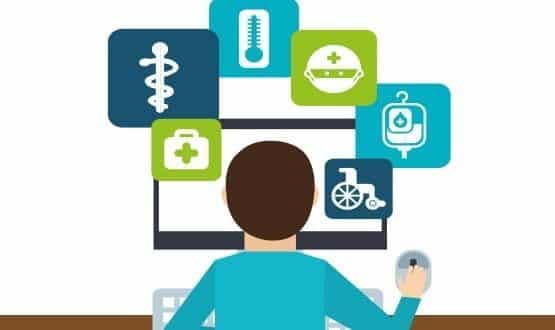Tinder hooks 200,000 people up to online health – report

More than 200,000 people have been through the Government’s flag ship attempt to improve digital health skills, a self-evaluation by the charity involved says.
The self-assessment, published last month, studied the Widening Digital Participation Programme that was run by NHS England and the Tinder Foundation from July 2013 to April 2016.
The report said the scheme trained 221,941 people in digital skills, and in its final year this training led to 21% making fewer visits or calls to their GP and 6% making fewer trips to A&E. The report claimed these behavioural changes could save the NHS £6 million a year in avoided GP and A&E visits.
The report was based mainly on a survey of the people who did the course.
Helen Milner, chief executive at the Tinder Foundation, said the reported figures of changes in behaviour were “higher than expected”.
“The Widening Digital Participation Programme has clearly shown that digital has the power to affect people’s lives at scale.”
During its three years, the scheme built a digital health information network, created digital health content for Learn My Way and tested different approaches to help people improve their digital health skills.
The people reached through the scheme all faced at least one form of social exclusion including unemployment, disability and homelessness. It was delivered through Tinder Foundation’s network of 5000 local community partners.
Even though the project has finished, Milner said it continued to have an ongoing benefit.
“There’s a lot of legacy here. It’s not like we had a project, and then stopped it and it’s gone.”
“A lot of these benefits are still being realised and still being felt within our wider community”.
The Tinder programme arose after Baroness Lane Fox’s recommendations to the NHS National Information Board in December 2015, which suggested ways to improve digital health patient adoption. One of these recommendations was to prioritise reaching the “furthest first” by targeting those with the most severe health and social care needs, who were least likely to be online.
The Tinder report said in the UK 12.6 million people lacked basic digital skills, and 5.3 million adults had never used the internet.
In 2013, Tim Kelsey, NHS England’s then national director for patients and information, said the lack of digital health literacy was a pressing issue. “The fact that those most in need of NHS services are those least likely to have the skills they need to access online services is something that needs to be addressed urgently
Later that year, the Tinder Foundation won a £1million NHS England contract to train 50,000 patients to use online health services, a contract that was then extended.
Milner said that she understood NHS Digital could be interested in another project, which would be open tender, but the charity’s current programme had come to an end.




